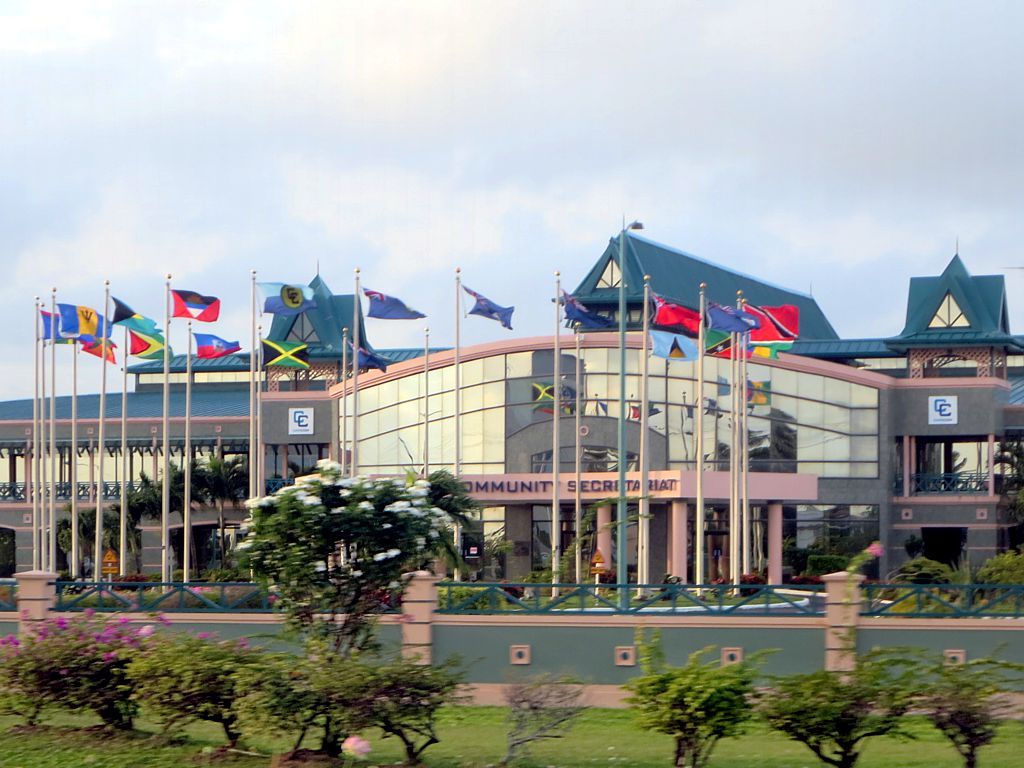
Reprinted from Caribbean Net News
caribbeannetnews.com
Published February 16, 2007
In this the year of the 200th anniversary of the Abolition of the Trans-Atlantic Slave Trade, we in CARICOM must pursue coherently and in a focused, not episodic, way the legitimate demand for a full apology and reparations from the Europeans for African slavery. … The dignity of both the Caribbean and Europe justly summons this cleansing of the spirit and of the historical decks.
This is the clarion call chairman of the Caribbean Commonwealth (CARICOM), Prime Minister Dr Ralph Gonsalves of St Vincent and Grenadines, made as host of its 18th Intersessional Heads of Government Conference on Tuesday.
As political rhetoric goes, it is sympathetic, morally compelling and quite appealing. As a demand for actual compensation for African slavery, however, it is indulgent, politically specious, and wholly infeasible (i.e. too remote in time).
Moreover, with all due respect to Gonsalves, the record of futility in making such demands should be instructive. After all, far more influential and credible claimants than CARICOM heads of government have demanded reparations to no avail. What’s more, they demanded it from what were generally recognized as governments more disposed than any others in history to offering them, namely the UK government of Prime Minister Tony Blair and the US government of President Bill Clinton.
Claimants for reparations for slavery invariably cite two very cogent precedents:
- The Reparations Agreement of 1952 between Israel and West Germany pursuant to which the Germany compensated Israel for slave labor and persecution of Jews during the Holocaust, and for Jewish property that was confiscated by the Nazis. (Holocaust survivors have also filed successful claims against German banks and other corporations for compensation for forced labor.); and
- The Civil Liberties Act of 1986 pursuant to which the US government paid $1.65 billion in reparations to ‘82,000 Americans of Japanese ancestry who had been subjected to evacuation, relocation and internment during World War II.’
Except that these were successful primarily because claimants could show direct links between the perpetrators of the harm alleged and surviving victims of that harm. By contrast, no such links exist between the institution of slavery and modern-day claimants for reparations.
And, to disabuse blacks of any feelings of racial discrimination in this respect, it would be helpful to know that the US government paid reparations to blacks who suffered from the Tuskegee Syphilis Experiment precisely because they could show this direct link.
But precedents aside, it would be politically prohibitive for any British government to even countenance such a demand for reparations; not least because you’d be hard-pressed to find any Englishman feels as guilty about slavery as every Germans felt (and still feels) about the Holocaust.
Even if this demand were not rendered infeasible by the passage of 150 years, most Englishmen would probably still take umbrage. The could fairly argue that, while seafaring merchants and New-World colonizers were exploiting African slaves for unjust enrichment, their ancestors were themselves being exploited. And they could cite the horrors Charles Dickens chronicled in Oliver Twist.
It is also important to bear in mind that not all blacks were victims of slavery. Claimants would be obliged to determine what portion of their claim, if any, to charge against the African kings and merchants who profited from selling fellow Africans into slavery. Because, in far too many cases, Europeans could claim Africans as property they bought, fair and square, from other Africans.
Meanwhile, CARICOM leaders would do well to focus on healing the political, economic, and psychological wounds we’ve inflicted upon ourselves. These range from fostering rampant social maladies to perpetuating artificial differences that make it impossible to integrate our regional economies. This, instead of picking at the scab of old wounds that will do nothing to enhance our dignity or redress our regional plight.
Incidentally, although politically incorrect to say, the vast majority of us in the Caribbean must look at the life of the average African, whose ancestors were not “harmed” by the European slave trade, and thank God that we are here, and not there.
That said, if our leaders wish to pursue a more sustainable and constructive cause of action on behalf of descendants of African slavery throughout the Caribbean, I would be honored to help them present a claim to the British government. Instead of reparations for slavery, however, I would base it on the equitable principle of quantum meruit to demand compensation for exploitative labor and other civil rights abuses suffered during colonialism. After all, not only the perpetrators of the harm, but also the victims in this case could be readily identified.
Finally, the “full apology” prong of CARICOM’s demand is so inherently fatuous, it’s not even worthy of comment. Nothing illustrates this quite like former president Bill Clinton traveling all the way to Uganda in 1998 to apologized for the slave trade. This, after he dutifully ignored all congressional bills for actual reparations.
Ugandan President Yoweri Museveni felt obliged to explain that, if any place in Africa were appropriate for Clinton to make such an apology, it would have been in West Africa. He noted further that, if an apology for slavery were even warranted, Africans whose ancestors collaborated with the Europeans traders or enslaved their own people all over the continent should be first in line to offer it.